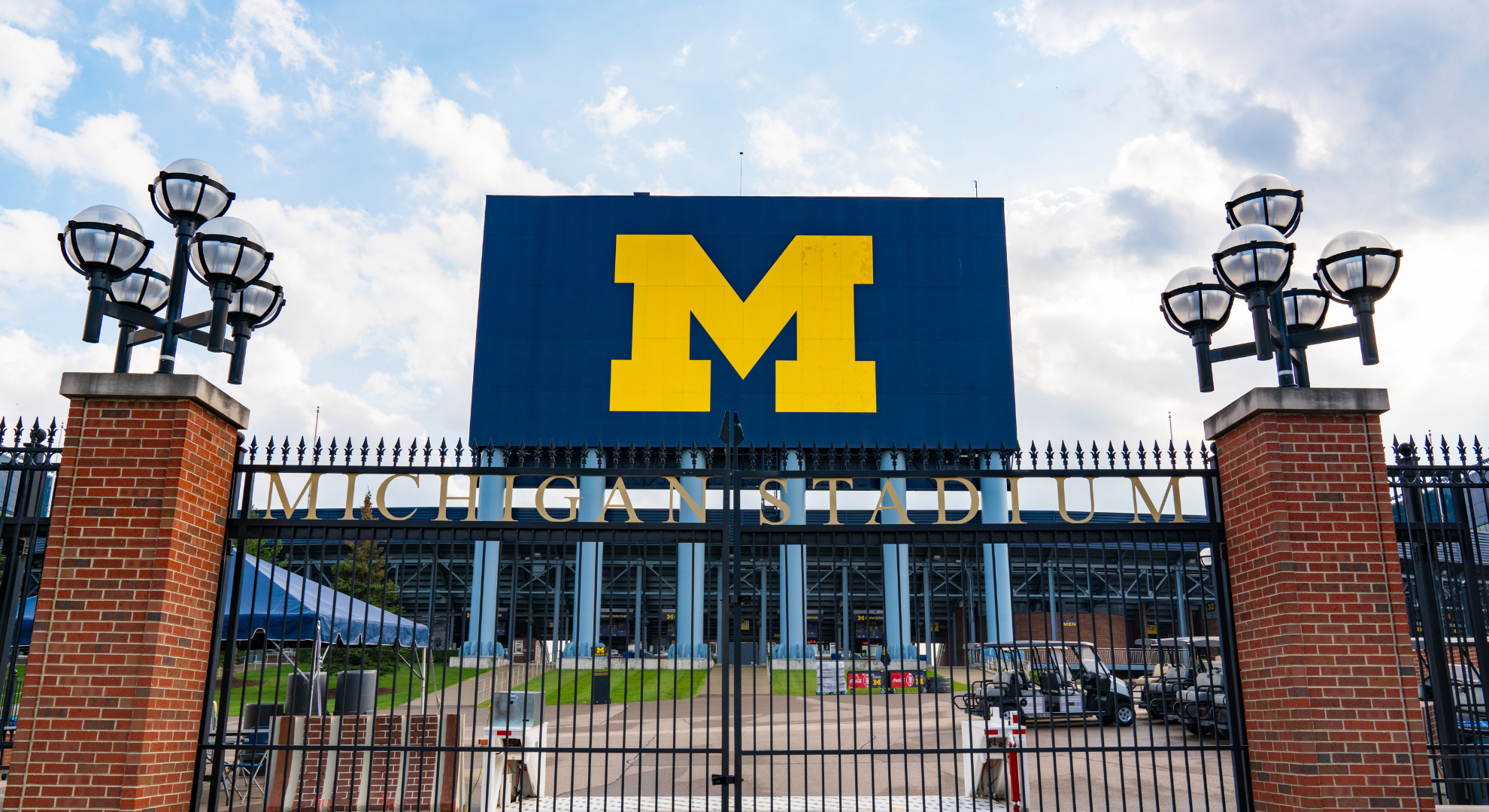
University of Michigan faces a cyberattack causing internet disruption and financial aid delays.
The University of Michigan announced its separation from the internet and the temporary suspension of certain system access in response to a cyberattack that began on Sunday.
Ravi Pendse, the Chief Information Officer, communicated with the university’s large student body of over 51,000 individuals on Monday. He explained that the university intentionally disconnected from the internet on Sunday after a thorough assessment of a significant security concern.
Pendse understood the inconvenience caused by the sudden suspension of online services, especially as a new academic year approaches. He apologized for the disruption and acknowledged the involvement of federal law enforcement agencies in the ongoing situation.
The decision to disconnect aimed to provide the information technology teams with a secure environment to address the problem effectively. Pendse noted that these teams are working non-stop and have already restored access to certain systems.
Pendse cautioned that restoring online services might take “several days,” and he emphasized that the impact of the outages varies across different sections of the university. Importantly, the cyberattack did not affect patient care at Michigan Medicine, and academic classes continue without interruption.
During this period, the university will keep students updated through social media platforms. The timing of the attack is particularly inconvenient as the new academic year begins, and incoming students traditionally rely on the campus website for class locations and other information.
The university declared the waiver of late registration or disenrollment fees until the end of the month, which is only a few days away. While the outage might cause delays in financial aid disbursement, other campus systems continue to operate through off-campus and cellular networks.
The school did not respond to requests for comments about whether it was a ransomware attack. Nevertheless, school president Santa J. Ono offered an apology on Tuesday. He stated, “I apologize for the incident, as the loss of internet access and disruption of university functions have unfortunately overshadowed an otherwise promising start to the academic year.”
He extended gratitude to the Information and Technology Services teams and cybersecurity service providers for their dedicated work in restoring numerous online tools accessible via off-campus internet connections. Despite making progress, the investigation into the security matter is ongoing, and more details cannot be shared to avoid compromising the ongoing investigation.
Ransomware groups are increasingly targeting K-12 schools, colleges, and universities, particularly around the start and end of the academic year. These attacks exploit the urgency for internet access to force institutions into paying ransoms.
Related stories:

